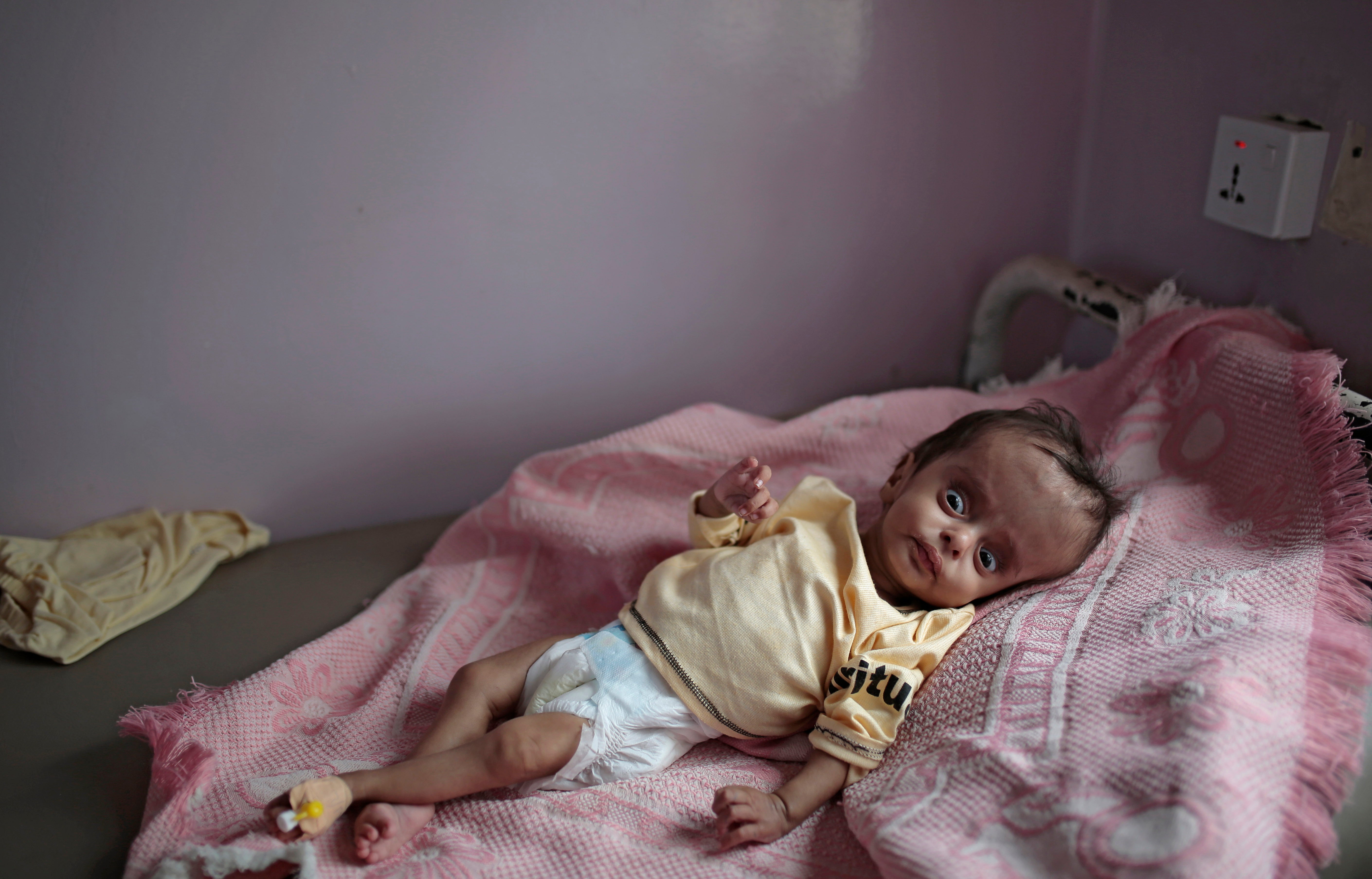UN launching donor conference amid fears of famine in Yemen
The United Nations is launching an appeal for countries to fund its response to the humanitarian crisis in Yemen, where more than six years of war has created the world’s worst humanitarian disaster

The United Nations was launching an appeal Monday for countries to fund its response to the humanitarian crisis in Yemen, where more than six years of war has created the world’s worst humanitarian disaster.
At the pledging virtual conference, co-hosed by Sweden and Switzerland, U.N. Secretary-General Antonio Guterres will appeal for $3.85 billion this year to address the impoverished Arab country's dire needs in the country.
It is unlikely a response from donors will meet U.N. goals, given that the coronavirus pandemic and its devastating consequences have hit economies around the globe.
Yemen’s war started in 2014 when the Iran-backed rebel Houthis seized the capital, Sanaa, and much of the country’s north. The Saudi-led, U.S.-backed coalition intervened months later to dislodge the rebels and restore the internationally recognized government.
The conflict has killed some 130,000 people and spawned the world’s worst humanitarian disaster. Half of Yemen’s health facilities are shuttered or destroyed, and 4 million Yemenis have been driven from their homes. The coronavirus pandemic, cholera epidemics and severe malnutrition among children have led to thousands of additional deaths.
Separately, the U.N. Office for the Coordination of Humanitarian Affairs warned that more than 16 million people in Yemen would go hungry this year, with already some half a million living in famine-like conditions.
Jan Egeland, the secretary general of the Norwegian Refugee Council, who is on a week-long visit to Yemen, warned on Monday that aid groups were “catastrophically” underfunded and overstretched.
“It’s outrageous that aid organizations have to beg and scrape the barrel to provide the bare minimum food to help keep Yemenis alive, when the countries who wage war and cause so much of the suffering are still willing to spend magnitudes more on the fighting," he said.
Wealthy countries, such as the U.S., Saudi Arabia and the United Arab Emirates, cut back drastically on aid to Yemen last year amid the pandemic, corruption allegations, and also due to concerns that the aid might not be reaching its intended recipients in territories controlled by the rebels.
Last year's U.N. pledging conference, raised $1.35 billion — a billion dollars short of what aid agencies said they needed. In 2019, the U.N. received around $3.6 billion in international donations for its campaign, short of its $4.2 billion goal.
Bookmark popover
Removed from bookmarks